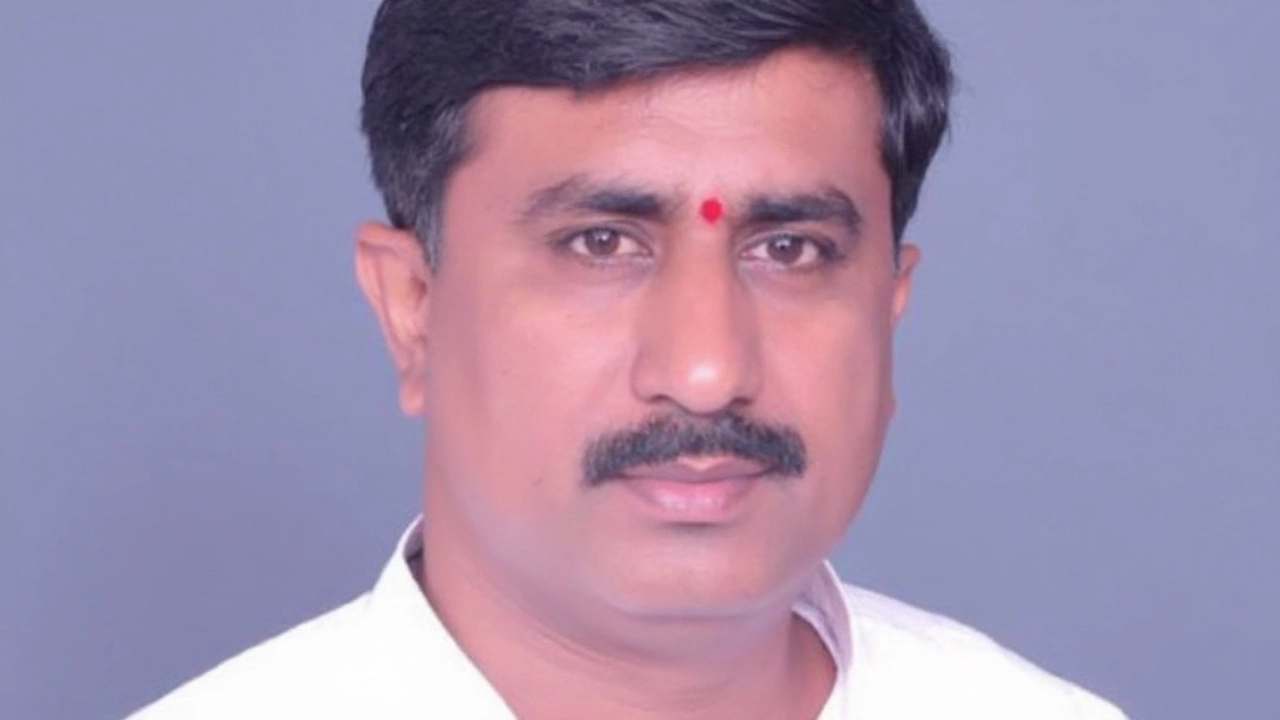Barabanki's Political Earthquake: Breaking the BJP Stronghold
The Barabanki Lok Sabha constituency in Uttar Pradesh saw a result nobody was really expecting. The Bharatiya Janata Party, which had banked on its previous wins and solid voter base, ended up losing the seat by more than 215,000 votes. That’s a pretty crushing defeat no matter how you slice it. All eyes turned not just to the winning Congress candidate Tanuj Punia, but to the internal drama rippling through the BJP’s local organization.
Internal sources started whispering about sabotage not long after the final tally. Apparently, newly minted district president Arvind Maurya was handed a real mess—a local party full of clashing personalities and old rivalries. Even after he tried to give his public image a much-needed boost, those efforts didn’t exactly seal the cracks running through the core team.
The numbers tell the story: Congress grabbed a clear win with 719,927 votes. The BJP, behind candidate Rajrani Rawat, trailed at 504,223 votes. Others, including the Bahujan Samaj Party and a smattering of independents, just couldn’t get traction. For BJP supporters, it was a stunner—especially since Barabanki, a reserved SC (Scheduled Caste) seat, had gone to the party comfortably in 2019. Upendra Singh Rawat, the 2019 winner, had seemed to set the standard. But now, all of that flipped.
People close to the ground say the warning signs were there. Instead of running a united show, the local BJP camp was tangled in factional fights, with rumors flying about who was loyal and who was secretly hoping for a loss to prove a point. Some BJP workers complained that key leaders didn’t support the official candidate, focusing instead on their own group’s future influence.
Cracks Beneath the Surface: What Went Wrong for the BJP?
Sources close to the campaign described a mood of constant friction. Maurya’s appointment as district president was supposed to bring fresh energy and a new approach. Instead, it seems the shake-up ruffled feathers. Some people who felt passed over for posts or campaign roles started drifting away or went silent at crucial moments. The ground-level machinery—the people who actually get voters out and make sure the message sticks—just wasn’t firing on all cylinders.
The opposition took notice. Congress, led locally by Tanuj Punia, kept its eye on the prize. Where the BJP was busy firefighting inside, Congress volunteers kept up a steady street-level presence, focusing on local issues and promising change. The reserved nature of the seat meant outreach to SC communities mattered more than ever—and Congress’s efforts, according to locals, felt more personal and persuasive this time around.
This loss isn’t just about Barabanki. It’s got the BJP’s state-level leaders rethinking strategy across Uttar Pradesh. If factional battles and the inability to present a united front can flip a so-called safe seat so dramatically, other constituencies might follow. The defeat has put the spotlight on the need for genuine unity—something harder to achieve than just putting a new face at the top. Political observers now see Barabanki as a warning shot: no party, no matter how strong its past record, can afford to ignore the simmering discontent beneath the surface.
The big question now? Can the BJP heal its local divides before the next round of elections—or does the Barabanki loss mark the start of a deeper rethink in one of India’s most politically complex states?
